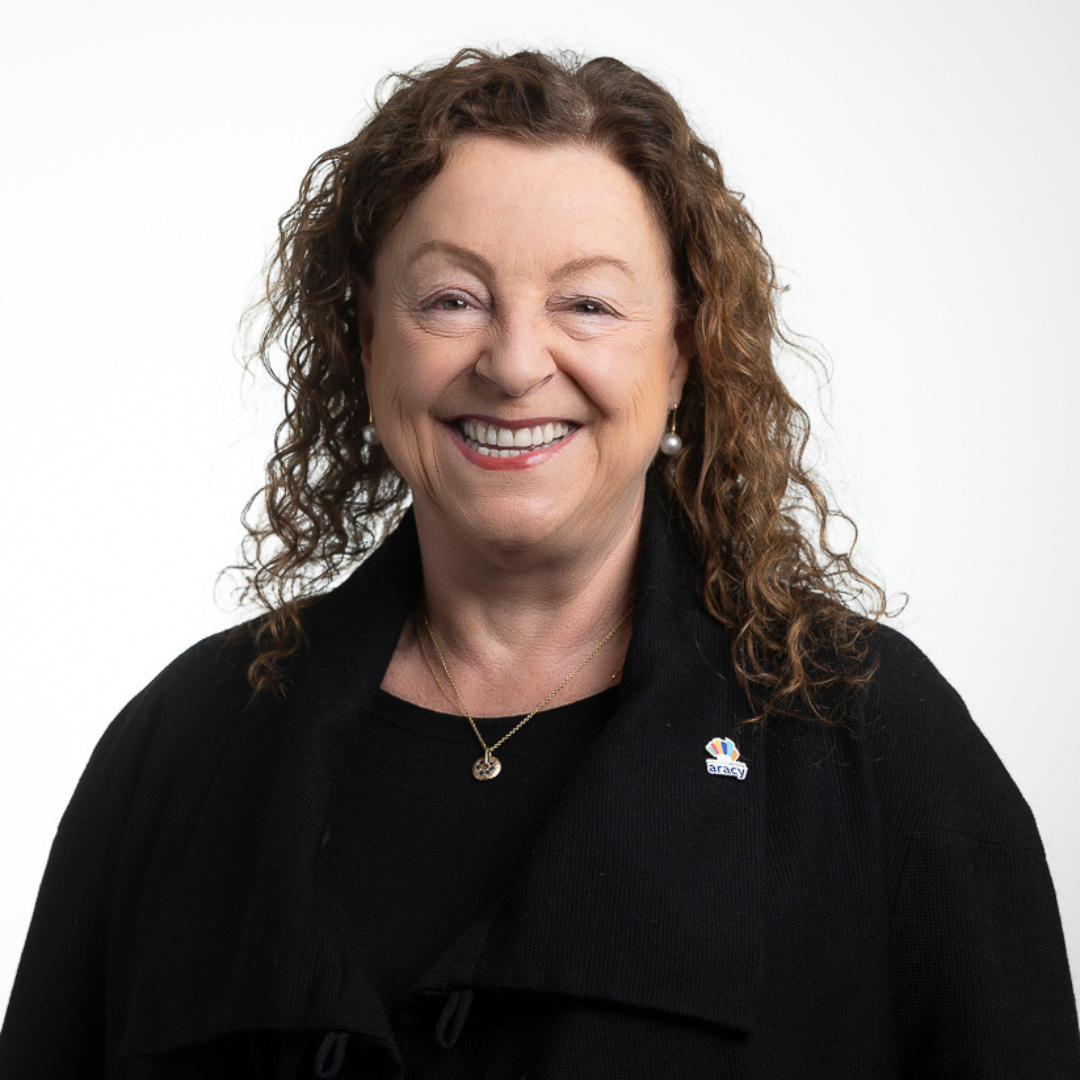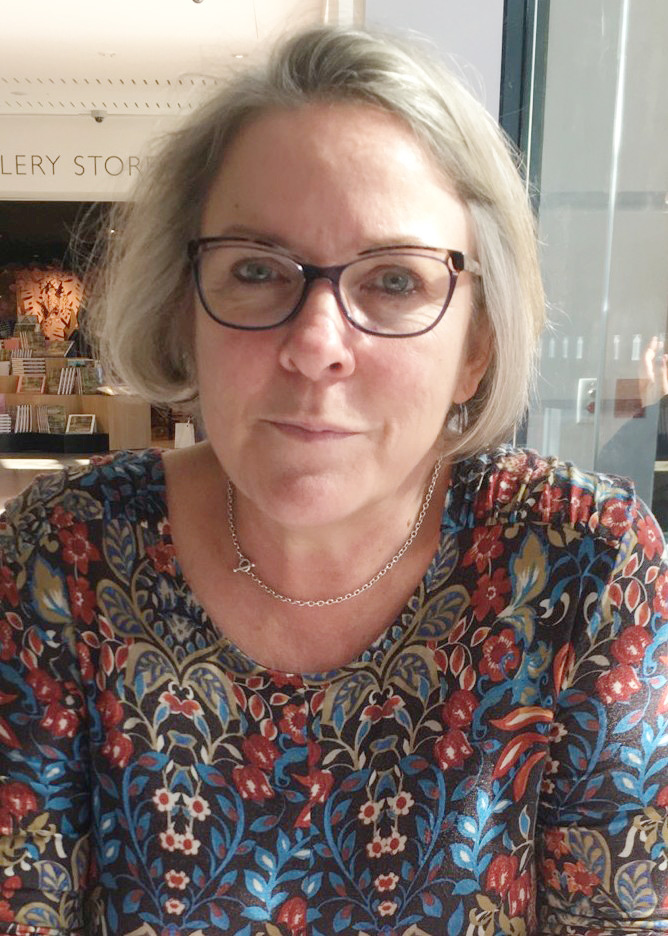Our community has been calling for action on the amount of alcohol advertising on our television screens for many years – including a sports loophole.
In June 2025, the Australian Communications and Media Authority (ACMA) rejected the proposal from commercial free-to-air television networks – who operate under the banner of ‘Free TV’ – wanting to extend alcohol advertising on weekends, school and public holidays.
ACMA also announced a review of the existing Commercial TV Industry Code of Practice to assess whether it adequately protects community members from harm. This review will consider alcohol advertising restrictions in the current code, including exemptions for sporting events.
We know that significantly increasing children’s exposure to alcohol marketing is linked to young people drinking at earlier ages and at riskier levels.
Research shows that women and children are at higher risk of violence during sports broadcasts, yet these broadcasters are given an exception to flood the screens with alcohol advertising during these times.



Children should be free to watch their sporting idols, and be inspired to follow in their footsteps, without being inundated with mountains of alcohol ads.
Right now, alcohol ads can only be aired on TV between 12-3pm on weekdays or 8:30pm-5am on weeknights – times when children are less likely to be watching.
But these rules don’t apply for televised sports – including live broadcasts or replays.
This allows alcohol companies to market their addictive products to children and young people while they watch their favourite sports, at any time of day and on any day of the week.
The community knows this is a major problem, which is why they have advocated for many years for this sports loophole to be closed.
The Australian Communications and Media Authority (ACMA) – the national media regulator – has now started a “body of work” to assess whether the current rules around sports broadcasts are “suitable”.
According to our latest polling, 90% of the community is concerned about the potential for more alcohol ads on television.
These concerns have been formally raised to Free TV by numerous organisations and individuals through their consultation process, however there is currently no public record of these submissions.
In the interests of transparency, we are sharing below the submissions we are aware have been lodged with Free TV. Want yours listed? Email us at campaigns@fare.org.au.
We know from both survivor-advocates and from the research that there is a link between sports events and an increase in violence towards women and children.
The Prime Minister, and state and territory leaders, all committed to acting on alcohol in September 2024, following the release of the Rapid Review of Prevention Approaches to End Gender-Based Violence.
The Rapid Review wrote that “given the statistical increase in DFSV incidents during football grand finals, as well as the high number of children who watch sport on television and mobile apps, the Review recommends that alcohol advertising be restricted during sporting events”.
Research shows reported incidents of violence towards women and children increases by up to 40% around State of Origin games, and police-reported incidents of domestic violence rise 20 per cent on AFL Grand Final days.
Studies have found a link between exposure to alcohol advertising during live televised sport and increased alcohol consumption.
We also know that the earlier a child is exposed to alcohol marketing, the more likely they are to start drinking earlier in life and at higher risk levels.
ACMA has the responsibility to listen to the community and the evidence, and close the loophole that allows alcohol advertising during televised sports.
ACMA rejected the proposed new Commercial TV Code of Practice from industry body Free TV as it did not provide “appropriate community safeguards”. ACMA flagged its concerns over the commercial free-to-air industry’s plans to extend the times when alcohol ads could be shown, particularly at times “when children are more likely to be watching.” ACMA committed to a review of the existing code and whether it has suitable restrictions on alcohol advertising in place, including during sports broadcasts.
A new study, commissioned by FARE and Cancer Council Western Australia, found 70 per cent of Australian children aged 15 to 17 recalled seeing alcohol ads in the previous month.
A new survey finds 90 per cent of Australians are concerned by the industry proposal that could allow 800 hours of additional alcohol ads on TV each year.
Community, health and children’s organisations warn of the disastrous impact of proposed changes to the Commercial TV Industry Code, citing concerns about the increased risk of harm to women and children.
Senator David Pocock questions ACMA during Senate Estimates on alcohol ads during sporting events, when there is a documented increase in domestic and family violence incidents.
ACMA states the proposed changes to the Code would likely cause concern among the community, given the changes would extend the times when alcohol advertising is allowed on TV.
Free TV commences public consultation of proposed changes to the Code that could allow an extra 800 hours of alcohol ads on TV each year. Community organisations submit objections to the proposal.
The Code is updated to incorporate new gambling advertising rules including restricting gambling ads in live sport during children’s viewing hours.
The Australian Communications and Media Authority (ACMA) review the Commercial Television Industry Code of Practice. Free TV and alcohol companies seek to allow more alcohol marketing on TV.


FARE acknowledges the Traditional Owners and Custodians of the lands and waters on which we operate throughout Australia. We pay our respects to Elders past and present, and recognise the continuing connection to country of Aboriginal and Torres Strait Islander peoples.
©2025 FARE
Privacy Statement
T&C


FARE acknowledges the Traditional Owners and Custodians of the lands and waters on which we operate throughout Australia. We pay our respects to Elders past and present, and recognise the continuing connection to country of Aboriginal and Torres Strait Islander peoples.
©2025 FARE
Privacy Statement
T&C
Fill out the form below to receive regular updates & resources.